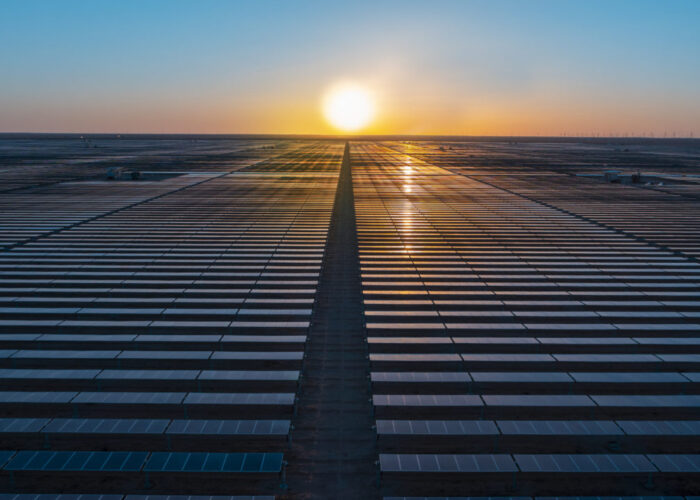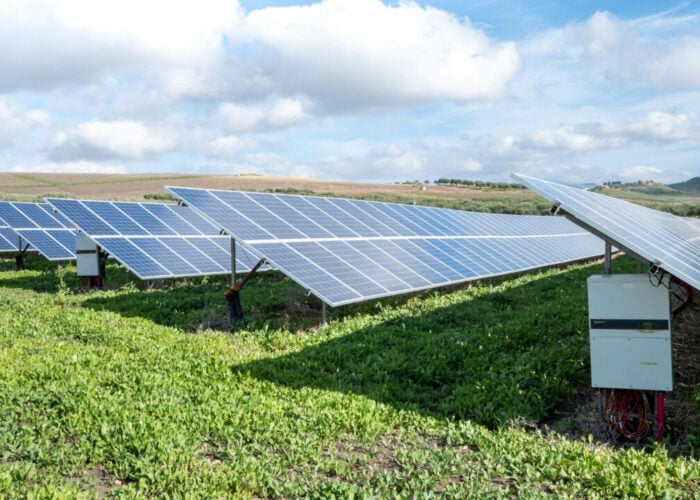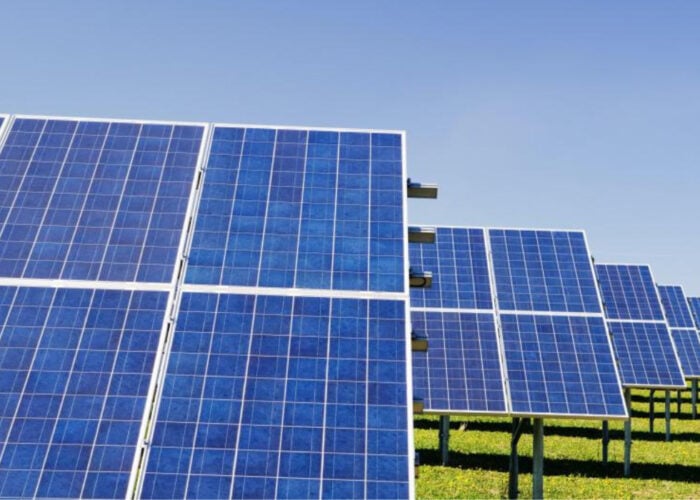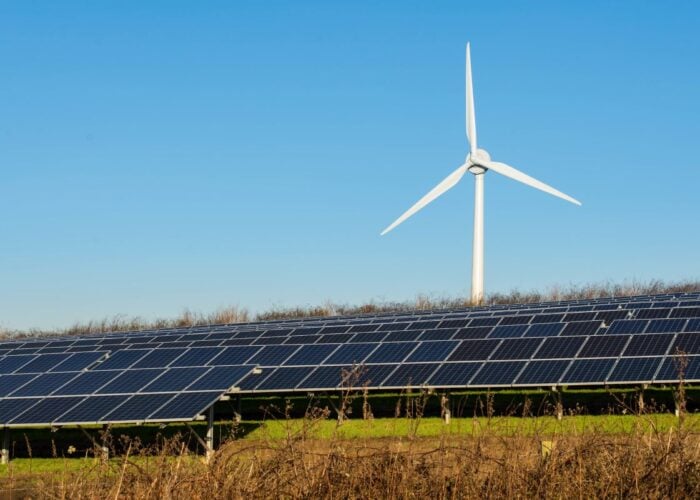Tokyo Electron (TEL) has announced plans to discontinue its ‘micromorph’ turnkey thin-film production line operations, which it acquired after buying Oerlikon Solar in 2012.
Tokyo Electron, which recently announced a merger with major technology equipment rival Applied Materials, had also played in the a-Si thin-film turnkey market until withdrawing from the sector.
Unlock unlimited access for 12 whole months of distinctive global analysis
Photovoltaics International is now included.
- Regular insight and analysis of the industry’s biggest developments
- In-depth interviews with the industry’s leading figures
- Unlimited digital access to the PV Tech Power journal catalogue
- Unlimited digital access to the Photovoltaics International journal catalogue
- Access to more than 1,000 technical papers
- Discounts on Solar Media’s portfolio of events, in-person and virtual
The former Oerlikon Solar operations, based in Trübbach, St. Gallen, Switzerland and TEL Solar Technology Center Tsukuba, in Ibaraki, Japan will be downsized with expected job losses and will operate to support existing customers only.
The company said that the business environment remained weak for the solar manufacturing sector, due the oversupply of production equipment.
However, it has been well documented that the initial growth in a-Si thin-film manufacturing was driven by polysilicon shortages that resulted in high prices, allowing lower efficiency thin-film technologies not dependent on using large quantities of polysilicon to be cost effective against conventional multicrystalline modules.
The fall in polysilicon prices and a major ramp of production of multicrystalline modules to the gigawatt scale with higher conversion efficiencies led quickly to a-Si production costs being uncompetitive with conventional modules.
Although Oerlikon Solar addressed productivity, throughput and higher efficiencies as well as lower turnkey equipment costs in recent years, some of the initial customers shut down operations or went bankrupt shrinking its customer base and creating uncertainty with potential new customers of its ability to be a competitive technology.
The a-Si thin-film equipment market revenue peaked at the end of 2009 and has plummeted since, with revenue generated primarily from parts and service maintenance contracts, according to data form NPD Solarbuzz.
According to TEL, revenue from its thin-film equipment arm in its year ended March 31, 2013 were only US$810,412 (83 million Yen).
In December, 2013, TEL announced that it had has made an impairment charge on the operations of around US$214 million, revaluing the operations at around US$71 million. The company had acquired Oerlikon Solar for over US$280 million.
“When all is said and done regarding the turn-key a-Si based activities of Oerlikon Solar, it may turn out that Oerlikon’s shrewdest commercial move in the solar sector was to find a knight in shining armour in the form of Tokyo Electron,” said Finlay Colville, vice president of NPD Solarbuzz.







